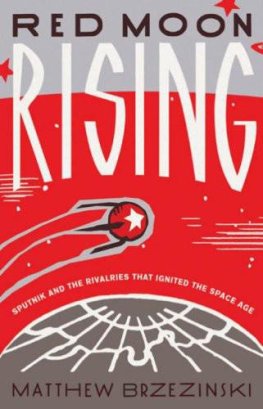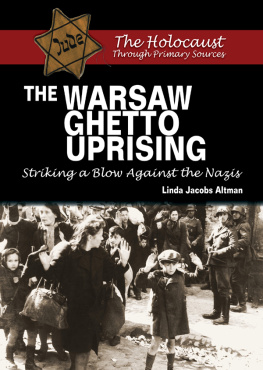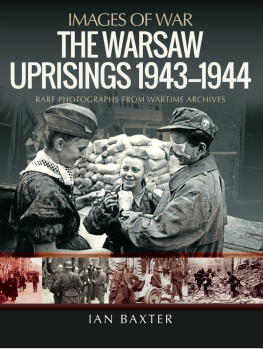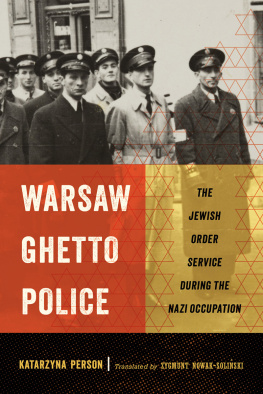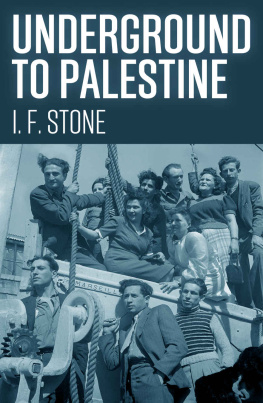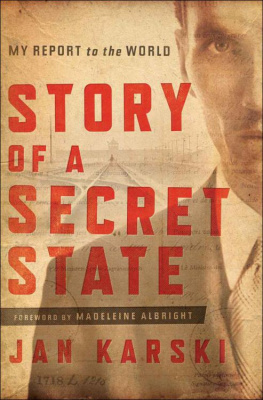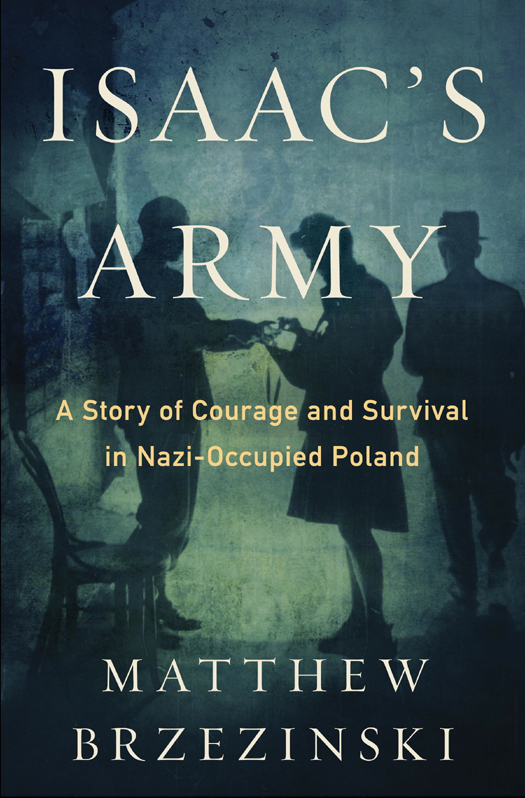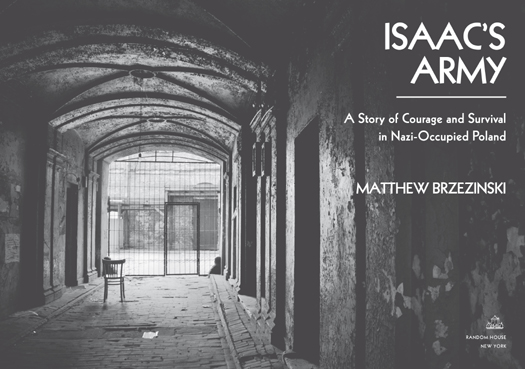Matthew Brzezinski - Isaacs Army: A Story of Courage and Survival in Nazi-Occupied Poland
Here you can read online Matthew Brzezinski - Isaacs Army: A Story of Courage and Survival in Nazi-Occupied Poland full text of the book (entire story) in english for free. Download pdf and epub, get meaning, cover and reviews about this ebook. year: 2012, publisher: Random House, genre: Non-fiction. Description of the work, (preface) as well as reviews are available. Best literature library LitArk.com created for fans of good reading and offers a wide selection of genres:
Romance novel
Science fiction
Adventure
Detective
Science
History
Home and family
Prose
Art
Politics
Computer
Non-fiction
Religion
Business
Children
Humor
Choose a favorite category and find really read worthwhile books. Enjoy immersion in the world of imagination, feel the emotions of the characters or learn something new for yourself, make an fascinating discovery.

- Book:Isaacs Army: A Story of Courage and Survival in Nazi-Occupied Poland
- Author:
- Publisher:Random House
- Genre:
- Year:2012
- Rating:4 / 5
- Favourites:Add to favourites
- Your mark:
Isaacs Army: A Story of Courage and Survival in Nazi-Occupied Poland: summary, description and annotation
We offer to read an annotation, description, summary or preface (depends on what the author of the book "Isaacs Army: A Story of Courage and Survival in Nazi-Occupied Poland" wrote himself). If you haven't found the necessary information about the book — write in the comments, we will try to find it.
Based on first-person accounts from diaries, interviews, and surviving relatives, Isaacs Army chronicles the extraordinary triumphs and devastating setbacks that befell the Jewish underground from its earliest acts of defiance in 1939 to the exodus to Palestine in 1946. This is the remarkable true story of the Jewish resistance from the perspective of those who led it: Isaac Zuckerman, the confident and charismatic twenty-four-year-old founder of the Jewish Fighting Organization; Simha Ratheiser, Isaacs fifteen-year-old bodyguard, whose boyish good looks and seeming immunity to danger made him an ideal courier; and Zivia Lubetkin, the warrior queen of the underground who, upon hearing the first intimations of the Holocaust, declared: We are going to defend ourselves. Joined by allies on the left and right, they survived Gestapo torture chambers, smuggled arms, ran covert printing presses, opened illegal schools, robbed banks, executed collaborators, and fought in the two largest rebellions of the war.
Hunted by the Germans and bedeviled by the Greasersroving bands of blackmailers who routinely turned in resistance fighters for profitthe movement was chronically short on firepower but long on ingenuity. Its members hatched plots in dank basements, never more than a door knock away from summary execution, and slogged through fetid sewers to escape the burning Ghetto to the forests surrounding the city. And after the initial uprising was ruthlessly put down by the SS, they gambled everything on a bold plan for a citywide revoltof both Jews and Gentilesthat could end only in victory or total destruction. The money they raised helped thousands hide when the Ghetto was liquidated. The documents they forged offered lifelines to families desperate to escape the horror of the Holocaust. And when the war was over, they helped found the state of Israel.
A story of secret alliances, internal rivalries, and undying commitment to a cause, Isaacs Army is history at its most heart-wrenching. Driven by an unforgettable cast of characters, its a true-life tale with the pulse of a great novel, and a celebration of the indomitable spirit of resistance.
Advance praise for Isaacs Army
Told with care and compassion, Matthew Brzezinskis Isaacs Army is a riveting account of the Jewish resistance in wartime Poland. This is an intense story that transcends the horror of the time and finds real inspiration in the bravery of those who fought backsome of whom lived to tell their stories. Highly recommended.Alan Furst, author of Mission to Paris
Matthew Brzezinski: author's other books
Who wrote Isaacs Army: A Story of Courage and Survival in Nazi-Occupied Poland? Find out the surname, the name of the author of the book and a list of all author's works by series.

